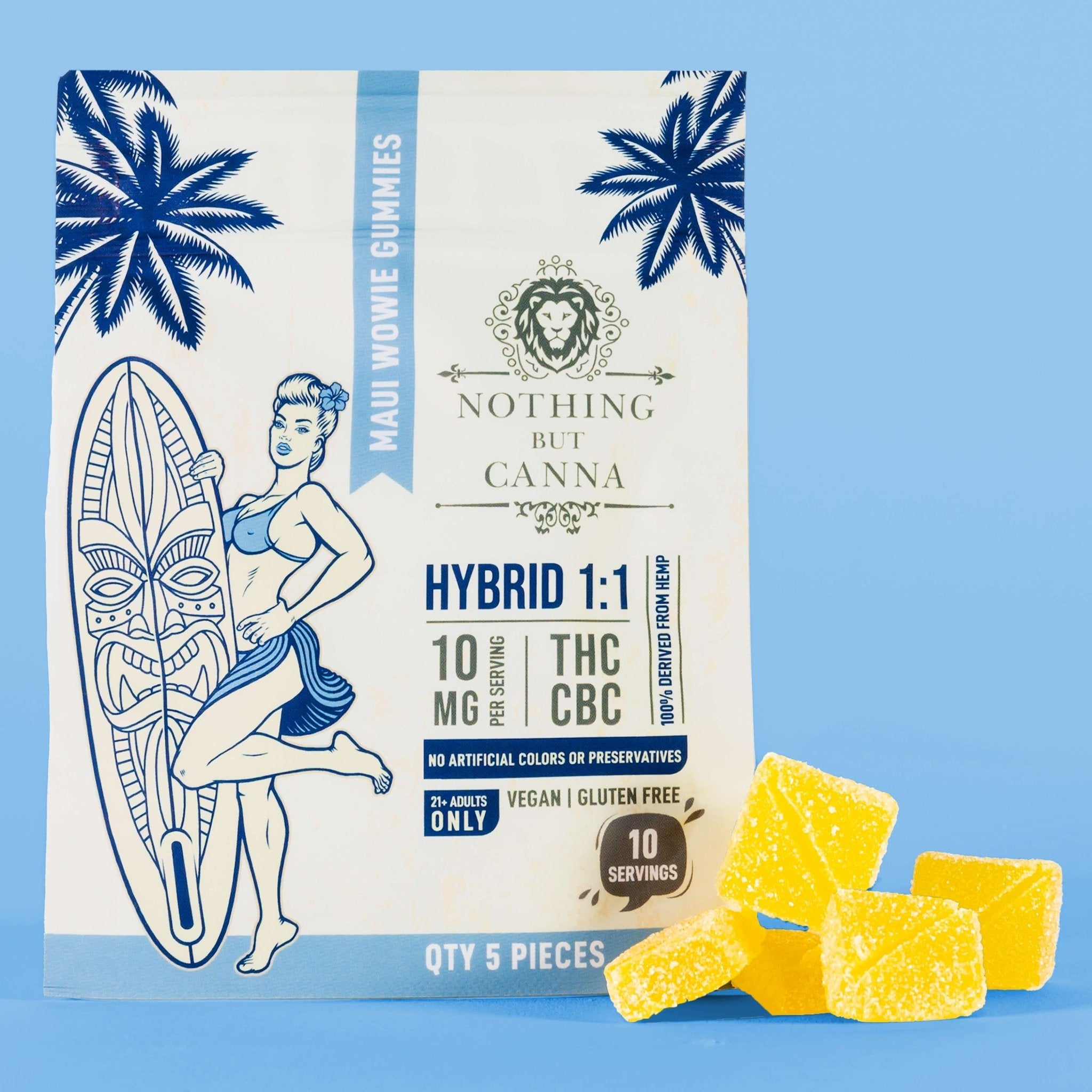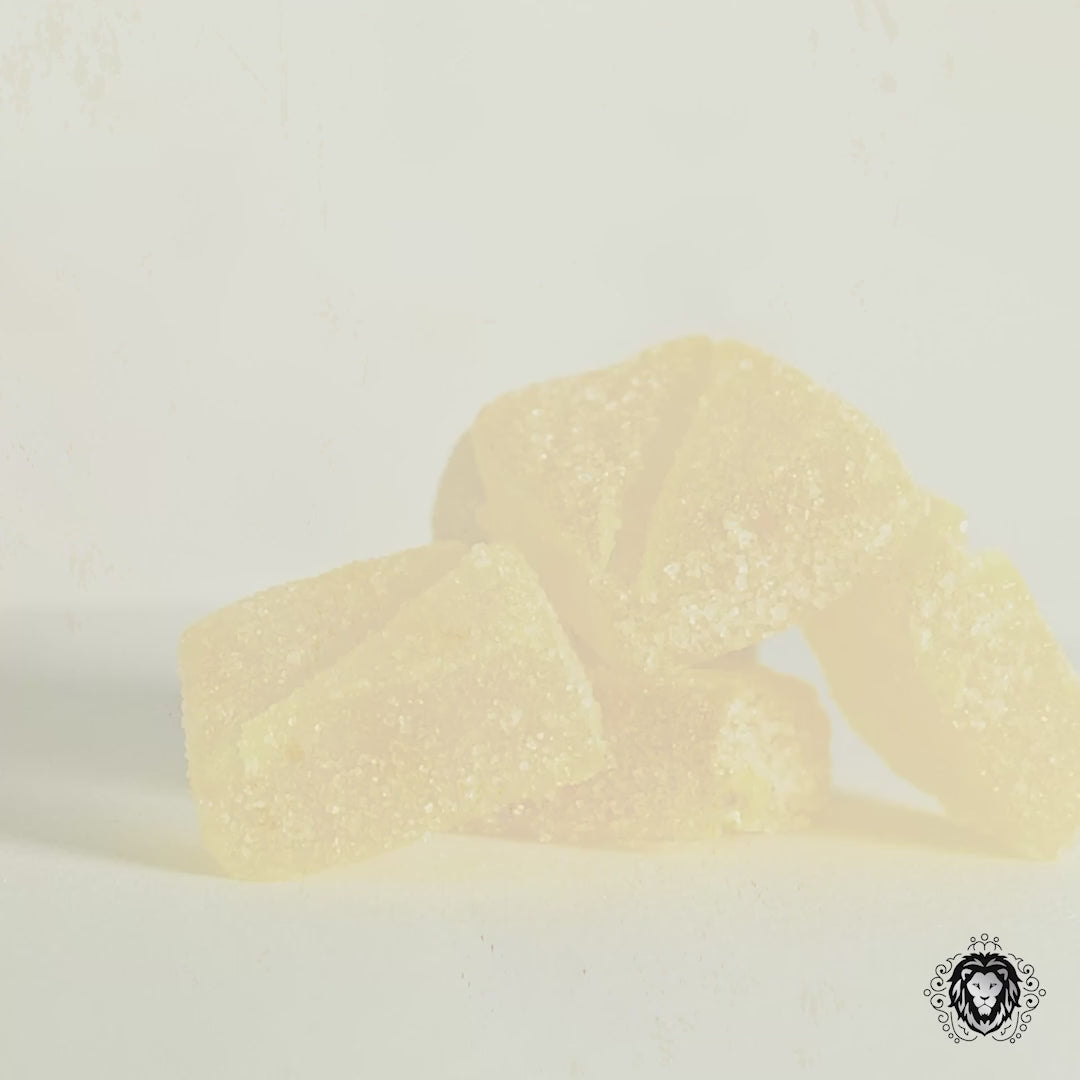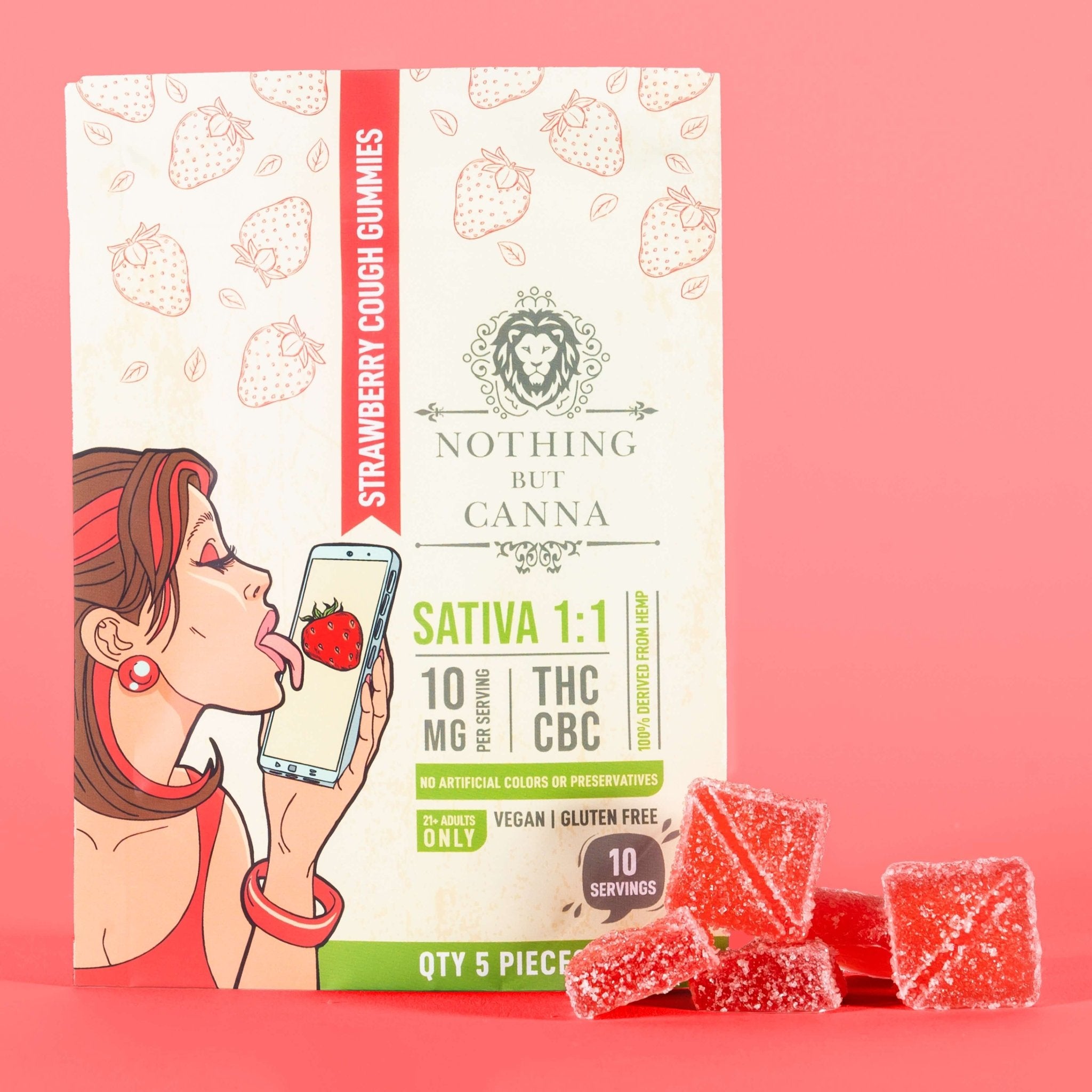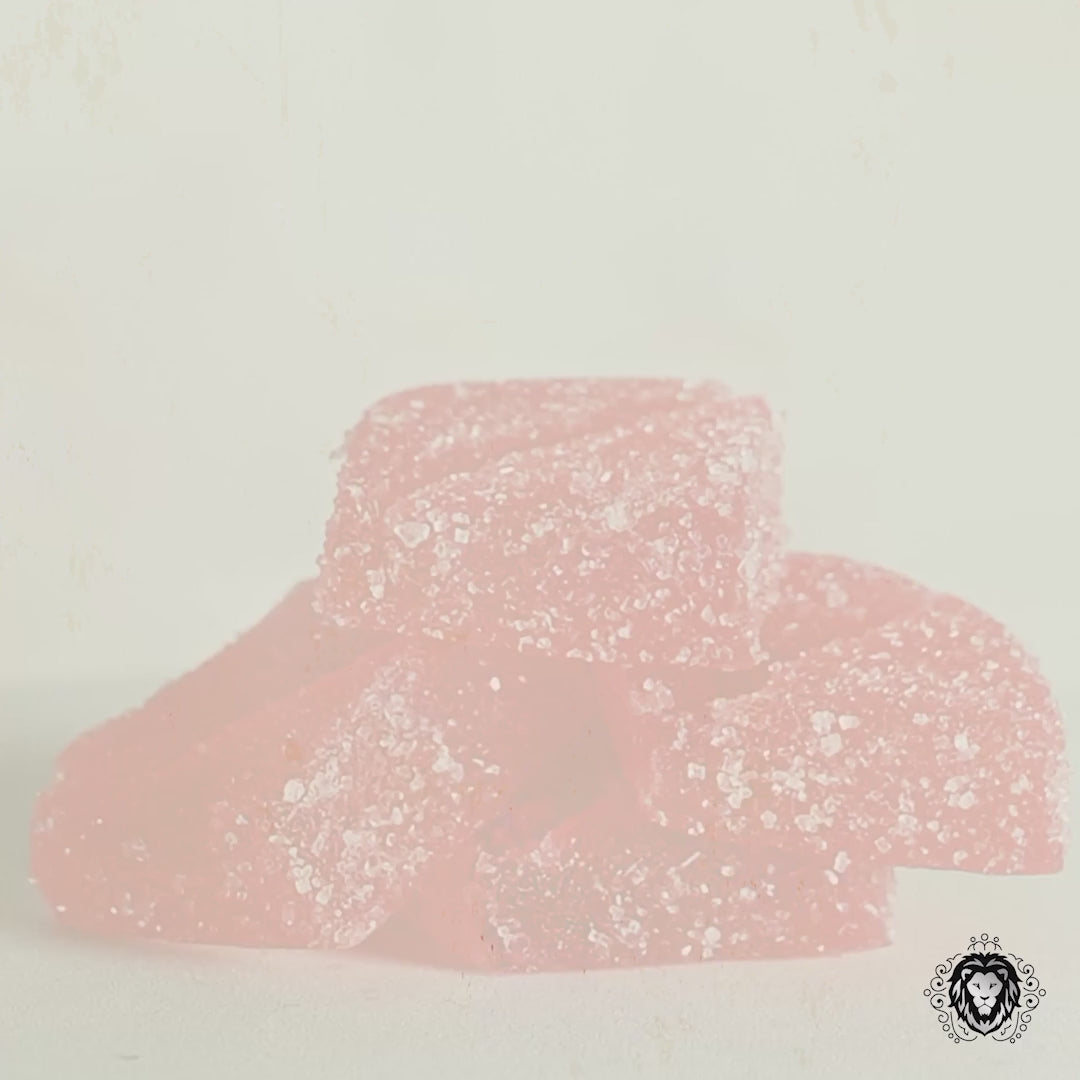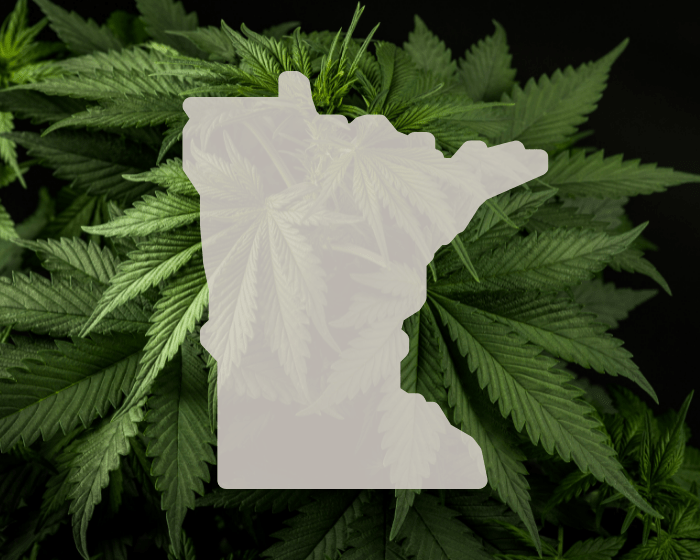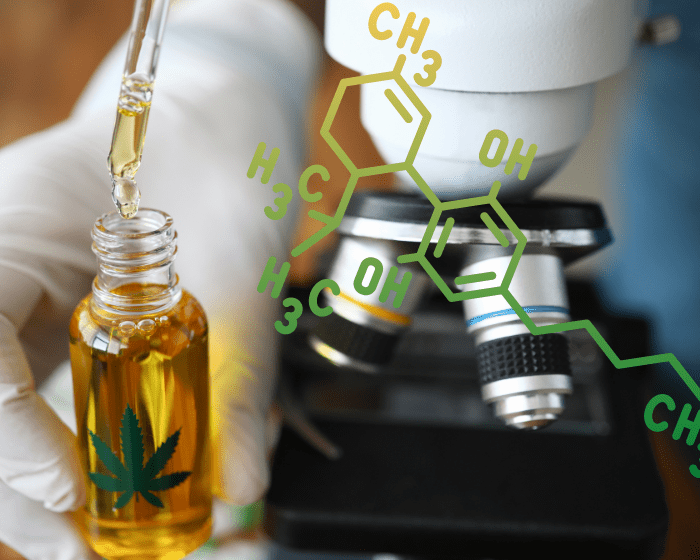
The Kansas Attorney General’s Office issued an opinion Dec. 2 calling delta-8 THC products unlawful beyond trace concentrations of 0.3%.
Delta-8 THC has a chemical structure similar to that of delta-9 THC, the most abundant form of naturally-occurring THC. Like delta-9, it has a psychotropic effect — though users report it’s potency is milder. Unlike delta-9, it’s sourced from hemp and is not explicitly banned at the federal level. State laws governing the substance vary.
'Unlawful to Possess or Sell'
The Kansas AG’s opinion came as a response to an inquiry from the director of the Kansas Bureau of Investigation.
In a letter to the bureau director, Kansas Attorney General Derek Schmidt and Assistant Attorney General AnnLouise Fitzgerald wrote that delta-8 THC falls under similar regulations as delta-9.
“Delta-8 THC comes within the definition of a Schedule I controlled substance,” they wrote, “and is unlawful to possess or sell in Kansas unless it is made from industrial hemp and is contained in a lawful hemp product having no more than 0.3% total tetrahydrocannabinols (THC).”
They noted that some hemp products are prohibited regardless of THC content, including:
- hemp cigarettes and cigars
- hemp chew, dip, or “smokeless material”
- hemp teas
- hemp vape cartridges
- hemp flower, buds, or leaf
- hemp edibles including gummies
The AG’s office said delta-8 THC from hemp was not, in and of itself, a controlled substance.
"Because THC in ‘hemp products’ is excluded from the definition of prohibited tetrahydrocannabinols,” they wrote, “we conclude that Delta-8 THC from industrial hemp is not a controlled substance.”
Still, they said the legality of any product containing delta-8 depends on the concentration.
“[W]e conclude that the limit of 0.3% applies to the total amount of all tetrahydrocannabinols in a final hemp product, including Delta-8, Delta-9, and all other tetrahydrocannabinols,” they wrote.
“We conclude that the limit of 0.3% applies to the total amount of all tetrahydrocannabinols in a final hemp product, including Delta-8, Delta-9, and all other tetrahydrocannabinols.”
— Kansas Attorney General Derek Schmidt and Assistant Attorney General AnnLouise Fitzgerald
Will Police Enforce? Will Shops Keep Selling? — Questions Remain.
Kansas ABC affiliate KAKE reported that the opinion isn’t binding, but impacts for hemp retailers could be significant.
“Sedgwick County Deputy District Attorney Aaron Breitenbach says the Attorney General's opinion is not binding law, but it does offer guidance to local enforcement agencies,” wrote Jessica Crawford for KAKE.
"It will be up to individual police departments to decide what crimes to investigate and what resources put into policing these issues," the DA told KAKE.
But he advised caution for those selling or buying delta-8 products.
"If this substance is found in one of their stores and is confirmed to be a prohibited controlled substance, distribution is a crime," he said.
Justin Lane, owner of Wichita-based shop High Hopes told KAKE the recent opinion could topple the industry.
"It's basically going to kill the market completely because everything you'll get is gonna be such low dose, it's not gonna be effective for anybody," he said.

































